Table of Contents
Quality Service Guarantee Or Painting Free

Get a rental agreement with doorstep delivery

Find the BEST deals and get unbelievable DISCOUNTS directly from builders!

5-Star rated painters, premium paints and services at the BEST PRICES!
Loved what you read? Share it with others!
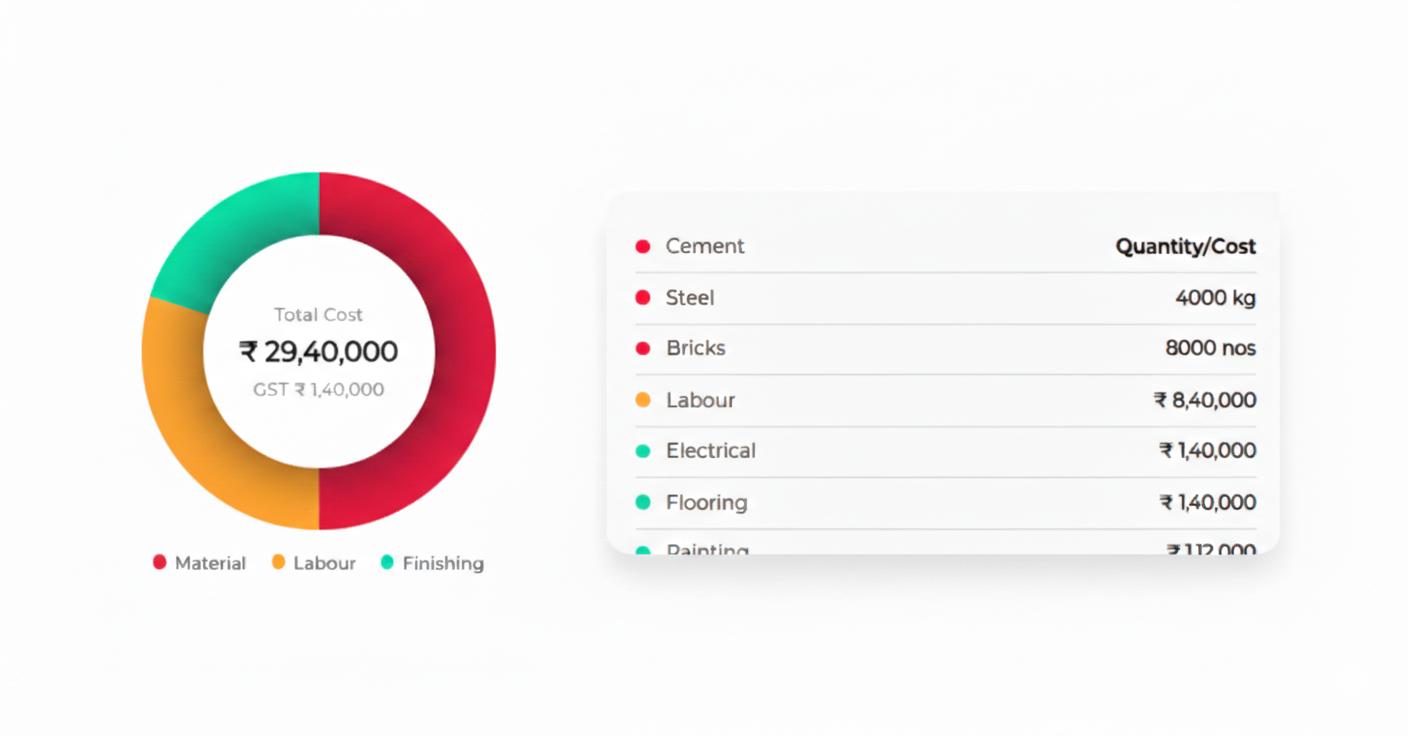
House Construction Cost Calculator - Home Building Cost & Price Estimator in 2026
Table of Contents
Use our house construction cost calculator to estimate the cost to build a house based on city-wise construction rates, built-up area, and construction quality. This home building cost calculator uses real contractor pricing to show your total house construction cost, material breakup, and cost per square foot. This is a fully data-driven house construction cost calculator online for homeowners, builders, and home loan applicants.
Quick Facts – House Construction Cost
Get a snapshot of how house construction costs are calculated, including per square foot pricing, material, labour, and city-wise variations that impact your overall building budget.
| Parameter | Details |
|---|---|
| Cost Unit | Per square foot |
| Based On | City-wise construction rate |
| Includes | Material + Labour + Finishing |
| Used For | Budgeting, loans, contractor quotes |
| Works For | Single floor, Duplex, G+2 houses |
House Construction Cost Calculator - Get Estimates
Formula
Total Construction Cost = Built-up Area × City Rate per Sq Ft
Quality Service Guarantee Or Painting Free

Get a rental agreement with doorstep delivery

Find the BEST deals and get unbelievable DISCOUNTS directly from builders!

5-Star rated painters, premium paints and services at the BEST PRICES!
Current City-Wise Construction Rates Used
These are the actual rates powering this home building cost calculator:
| State | City | Avg. Rate per sq ft |
|---|---|---|
| Karnataka | Bangalore | ₹2,600 |
| Karnataka | Mysore | ₹2,100 |
| Karnataka | Mangalore | ₹2,300 |
| Karnataka | Hubli–Dharwad | ₹2,000 |
| Karnataka | Belgaum | ₹2,050 |
| Maharashtra | Mumbai | ₹2,800 |
| Maharashtra | Pune | ₹2,400 |
| Maharashtra | Thane | ₹2,500 |
| Maharashtra | Navi Mumbai | ₹2,450 |
| Maharashtra | Nashik | ₹2,100 |
| Maharashtra | Nagpur | ₹2,000 |
| Delhi | Delhi NCR | ₹2,800 |
| Telangana | Hyderabad | ₹2,600 |
| Telangana | Warangal | ₹2,100 |
| Telangana | Karimnagar | ₹2,000 |
| Tamil Nadu | Chennai | ₹2,700 |
| Tamil Nadu | Coimbatore | ₹2,200 |
| Tamil Nadu | Madurai | ₹2,050 |
| Tamil Nadu | Trichy | ₹2,000 |
| Andhra Pradesh | Visakhapatnam | ₹2,300 |
| Andhra Pradesh | Vijayawada | ₹2,200 |
| Andhra Pradesh | Guntur | ₹2,100 |
| Andhra Pradesh | Tirupati | ₹2,150 |
| Kerala | Kochi | ₹2,400 |
| Kerala | Trivandrum | ₹2,300 |
| Kerala | Calicut | ₹2,200 |
| Kerala | Thrissur | ₹2,150 |
| Gujarat | Ahmedabad | ₹2,200 |
| Gujarat | Surat | ₹2,100 |
| Gujarat | Vadodara | ₹2,100 |
| Gujarat | Rajkot | ₹2,000 |
| Rajasthan | Jaipur | ₹2,100 |
| Rajasthan | Udaipur | ₹2,000 |
| Rajasthan | Jodhpur | ₹1,950 |
| Rajasthan | Kota | ₹1,900 |
| Uttar Pradesh | Noida | ₹2,600 |
| Uttar Pradesh | Greater Noida | ₹2,500 |
| Uttar Pradesh | Ghaziabad | ₹2,400 |
| Uttar Pradesh | Lucknow | ₹2,100 |
| Uttar Pradesh | Kanpur | ₹2,000 |
| Madhya Pradesh | Indore | ₹2,100 |
| Madhya Pradesh | Bhopal | ₹2,000 |
| Madhya Pradesh | Jabalpur | ₹1,950 |
| West Bengal | Kolkata | ₹2,300 |
| West Bengal | Howrah | ₹2,150 |
| West Bengal | Durgapur | ₹2,000 |
| West Bengal | Siliguri | ₹1,950 |
| Haryana | Gurgaon | ₹2,700 |
| Haryana | Faridabad | ₹2,400 |
| Haryana | Panipat | ₹2,100 |
| Haryana | Karnal | ₹2,000 |
| Punjab | Chandigarh | ₹2,400 |
| Punjab | Ludhiana | ₹2,100 |
| Punjab | Amritsar | ₹2,000 |
| Punjab | Jalandhar | ₹2,000 |
| Bihar | Patna | ₹1,900 |
| Bihar | Gaya | ₹1,800 |
| Bihar | Muzaffarpur | ₹1,750 |
| Odisha | Bhubaneswar | ₹2,100 |
| Odisha | Cuttack | ₹2,000 |
| Odisha | Rourkela | ₹1,950 |
| Jharkhand | Ranchi | ₹2,000 |
| Jharkhand | Jamshedpur | ₹1,950 |
| Jharkhand | Dhanbad | ₹1,900 |
| Chhattisgarh | Raipur | ₹2,000 |
| Chhattisgarh | Bilaspur | ₹1,900 |
| Assam | Guwahati | ₹2,100 |
| Assam | Dibrugarh | ₹1,900 |
| Uttarakhand | Dehradun | ₹2,100 |
| Uttarakhand | Haridwar | ₹2,000 |
| Himachal Pradesh | Shimla | ₹2,200 |
| Himachal Pradesh | Solan | ₹2,050 |
| Jammu & Kashmir | Jammu | ₹2,000 |
| Jammu & Kashmir | Srinagar | ₹2,100 |
| Goa | Panaji | ₹2,600 |
| Goa | Margao | ₹2,500 |
These rates are applied inside the:
- House cost building calculator
- Building construction cost estimator
- Home building cost per square foot calculator
Disclaimer: All construction cost estimates shown are indicative and based on average market rates. Actual costs may vary depending on design, location, materials, and contractor pricing.
Example Calculation
If you are building a 1200 sq ft house in Bangalore:
1200 × ₹2,600 = ₹31.2 lakh (Estimated construction cost)
This makes it ideal for:
- House construction estimate for bank loan
- Home building budget calculator
- Building cost estimator
What Is a House Construction Cost Calculator?
A house construction cost calculator helps you calculate construction cost of a house using per square foot rates that vary by city, labour cost, and material prices.
It works as a:
- Cost to build a house calculator
- Home construction cost calculator
- Building construction cost estimator
- House building price calculator
- Construction cost per sq ft calculator
This calculator is used for:
- Home loan approval
- Building plan & estimate
- Material and labour costing
- Budget planning
Material Cost Breakup (Building Material Calculator)
| Material | % of Cost | ₹ on ₹30L |
|---|---|---|
| Cement | 16% | ₹4.8L |
| Steel | 20% | ₹6.0L |
| Bricks | 10% | ₹3.0L |
| Flooring & Tiles | 12% | ₹3.6L |
| Electrical & Plumbing | 10% | ₹3.0L |
| Labour | 22% | ₹6.6L |
This functions as:
- House material calculator
- Building material cost estimator
- Material quantity calculator
House Construction Cost Calculator for All Home Types
This house construction calculator works for:
- 2 BHK construction cost calculator
- 1000 sq ft house construction cost
- Duplex house construction cost
- G+2 house cost
- Plot construction cost
- New home construction cost estimator
Why This Calculator Is Better
Unlike generic building cost calculators, this tool uses:
- City-specific rates
- Live material pricing
- Bank-acceptable cost estimation
- Material and labour split
It is both a home construction estimator and a building material calculator.
How NoBroker Can Help?
This house construction cost calculator helps you get an accurate house construction estimate using real city-wise per sq ft rates, material costs, and labour pricing. Whether you are building a small home, a 2 BHK, or a G+2 house, this home building cost calculator gives you clarity on the total cost to build a house before you spend a single rupee.
Once you know your construction budget, NoBroker helps you take the next steps confidently. You can buy or rent a home, apply for a home loan, verify property documents through NoBroker Legal Services, and manage your entire property journey on one platform - without paying any brokerage. Use this calculator to plan smartly and use NoBroker to make the right property decision.
Frequently Asked Questions
Ans: You simply multiply the built-up area by the city-wise rate. Our house construction cost calculator does this automatically using live per sq ft prices.
Ans: Yes. It uses real market-based rates for materials, labour, and finishing, giving a reliable house construction estimate.
Ans: Yes. The estimate includes cement, steel, bricks, flooring, electrical, plumbing, and labour cost.
Ans: Yes. Banks and housing finance companies accept this house construction estimate for loan approval and disbursement.
Ans: Yes. It also works as a building material calculator and shows approximate cement, steel, brick, and labour expenses.
Ans: Yes. You can instantly estimate your house building cost online without downloading Excel files.
Recommended Reading
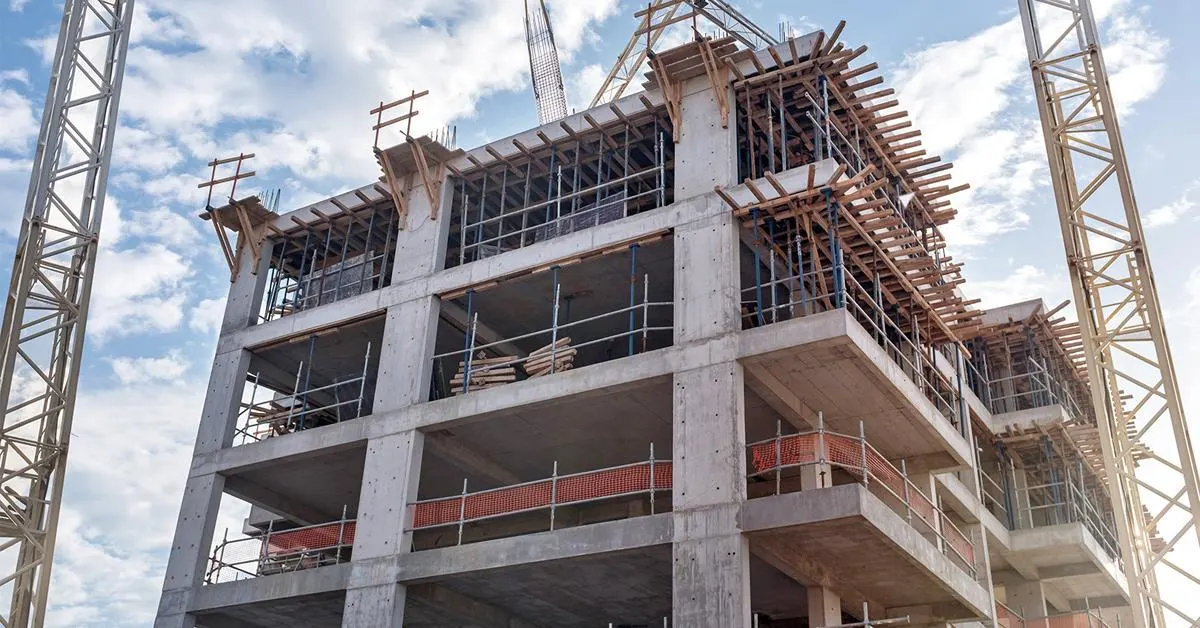
Construction Cost in Bangalore: Per Sq Ft Rates, Material Cost, Labour and Approval Charges in 2026
January 31, 2025
108649+ views

House Construction Cost In Kerala 2025: Material Cost, Types and Check Loan Eligibility (2025-26)
November 5, 2025
15068+ views

House Construction Cost In Hyderabad 2025: Cost Breakdown and Check Loan Eligibility (2025-26)
November 5, 2025
12647+ views

Construction Cost in Mumbai: Material Cost, Types and Check Loan Eligibility
November 20, 2025
10024+ views

House Construction Cost in Delhi: Material Cost, Charges and Check Loan Eligibility (2025-26)
November 3, 2025
7786+ views
Loved what you read? Share it with others!
Most Viewed Articles
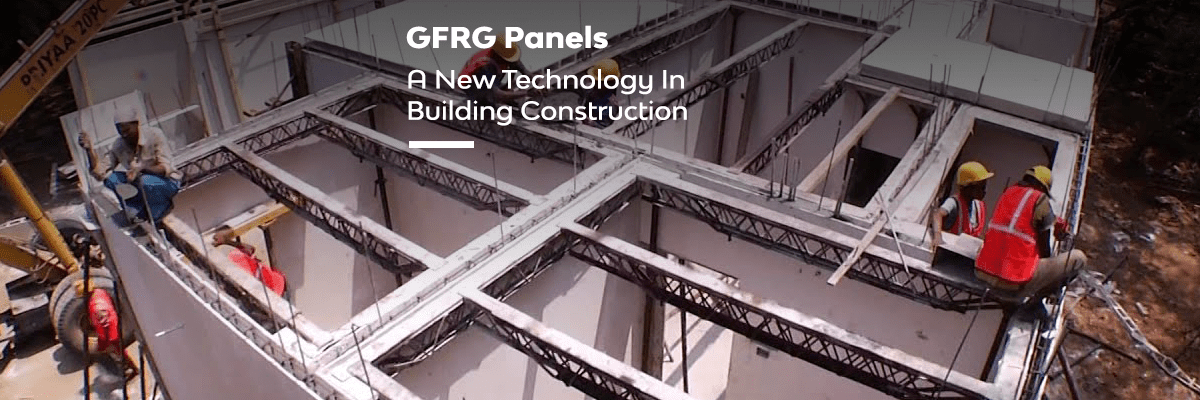
GFRG Panels: A New Technology in Building Construction
January 31, 2025
261920+ views
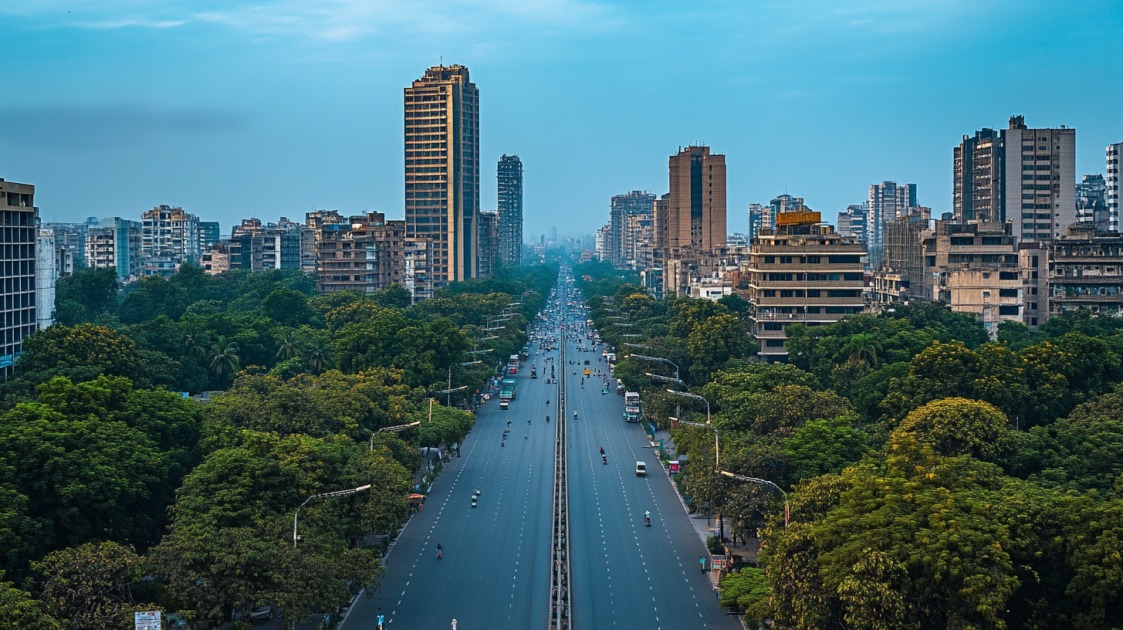
Top Cleanest Cities in India: Swachh Survekshan Top Ranked List
July 25, 2025
221580+ views
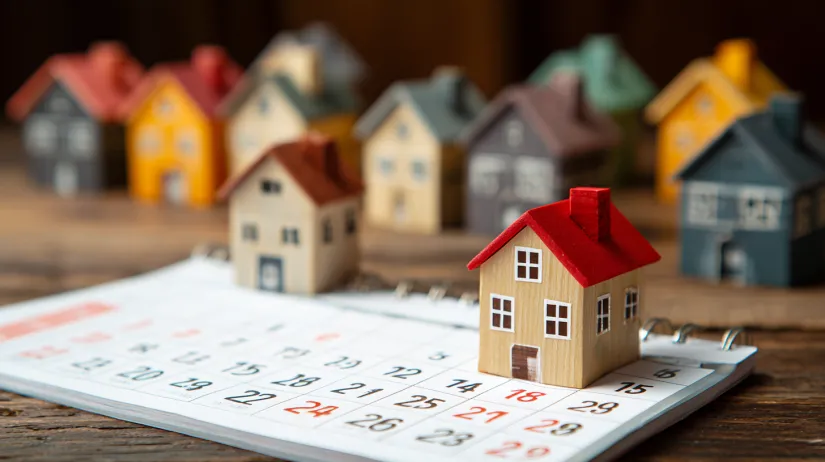
Auspicious Dates and Good Nakshatras for Land and Property Registration in 2026
May 21, 2025
201224+ views
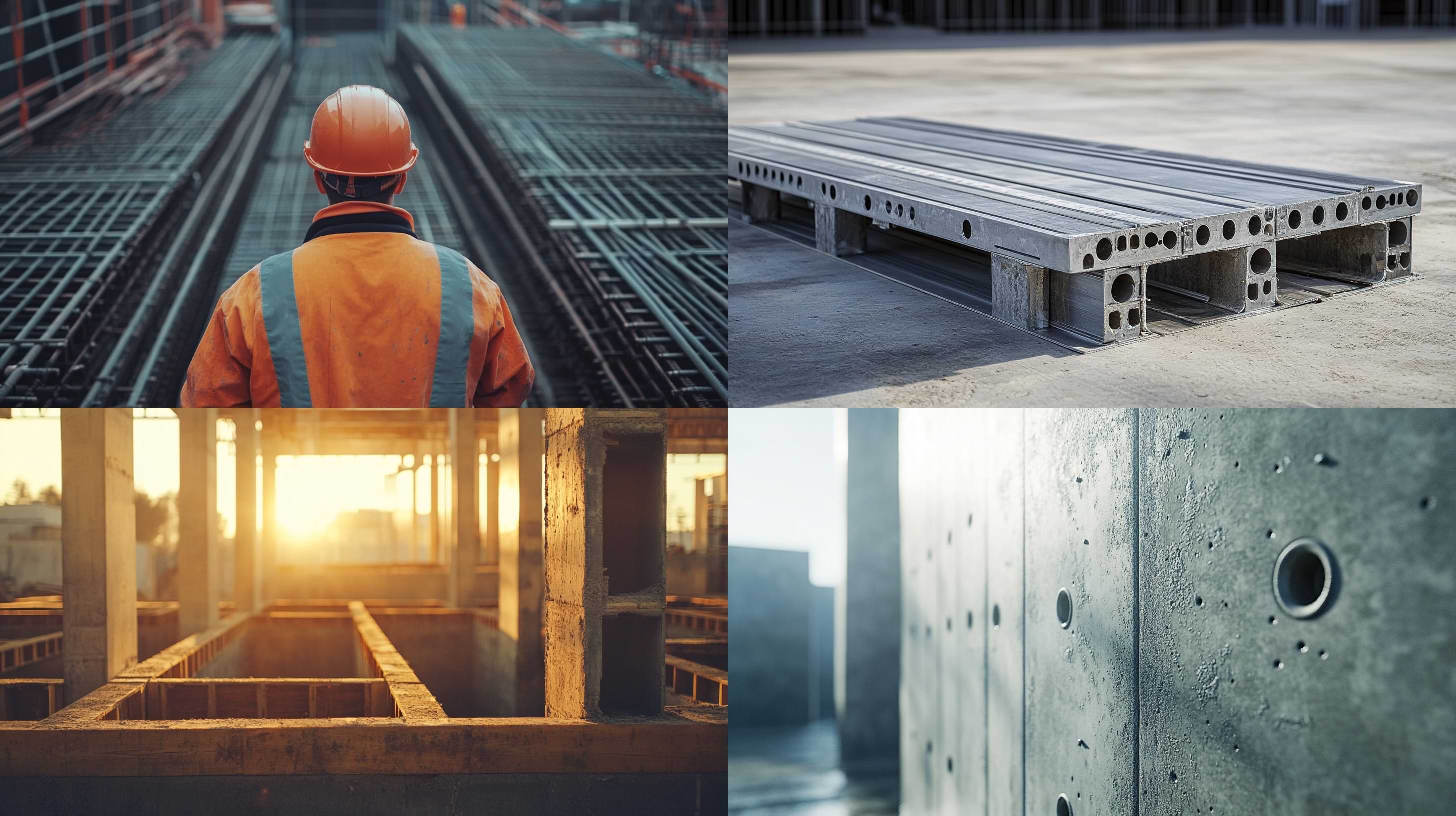
How Mivan Construction Technology Is Transforming the Art of Building!
January 31, 2025
179250+ views

CIDCO Lottery 2025: Apply for Affordable Homes in Navi Mumbai
April 30, 2025
136095+ views
Recent blogs in
Indira Awas Yojana 2026: Meaning, Application, Documentation and Benefits in India
January 19, 2026 by Kruthi
Unique Homes Around the World: 5 Extraordinary Houses You Must See in 2026
January 19, 2026 by NoBroker.com
Top Residential Projects In Bangalore: Luxury , Affordable & Upcoming Launches in 2026
January 17, 2026 by Kruthi









 Full RM + FRM support
Full RM + FRM support

Join the conversation!